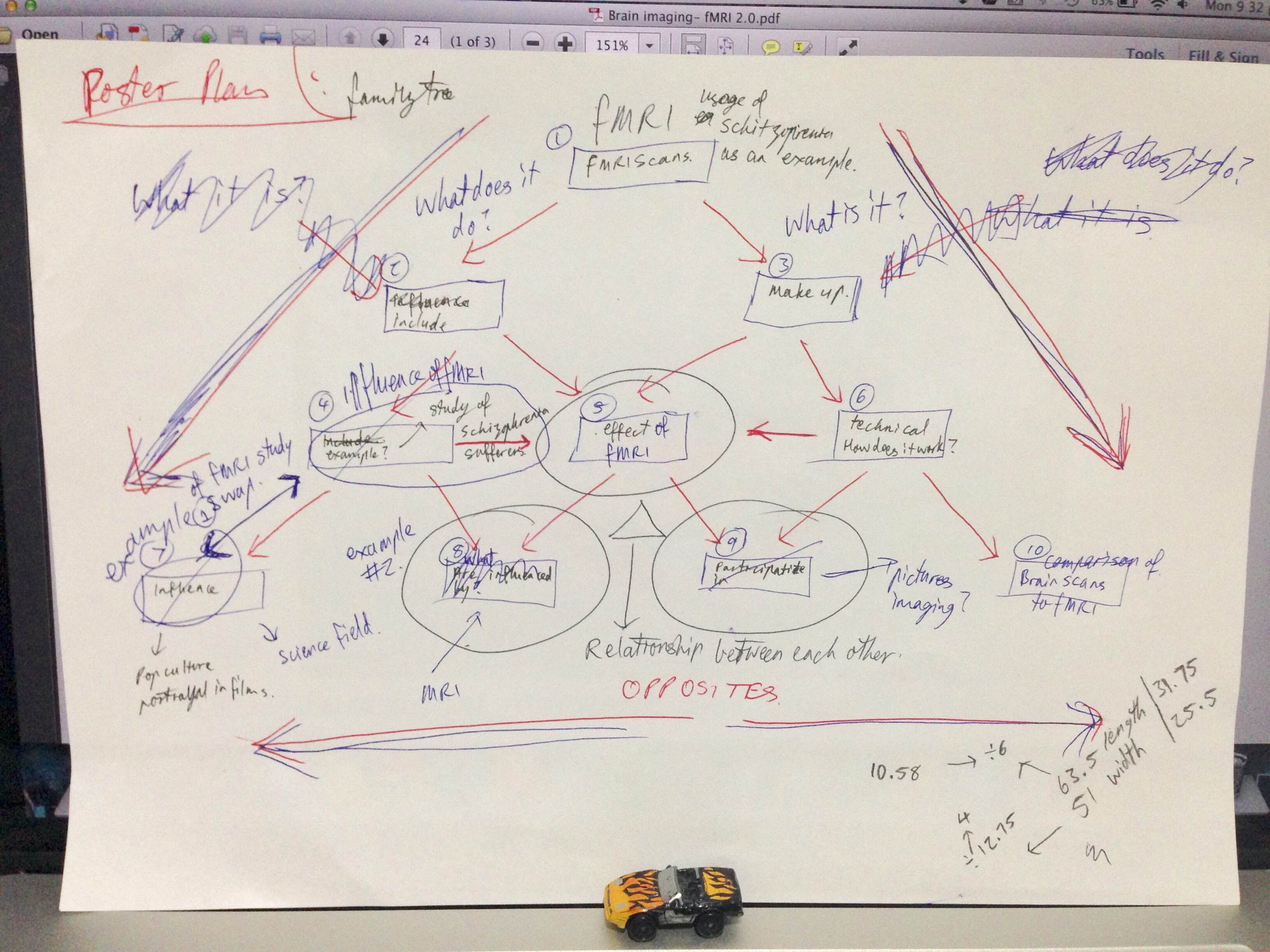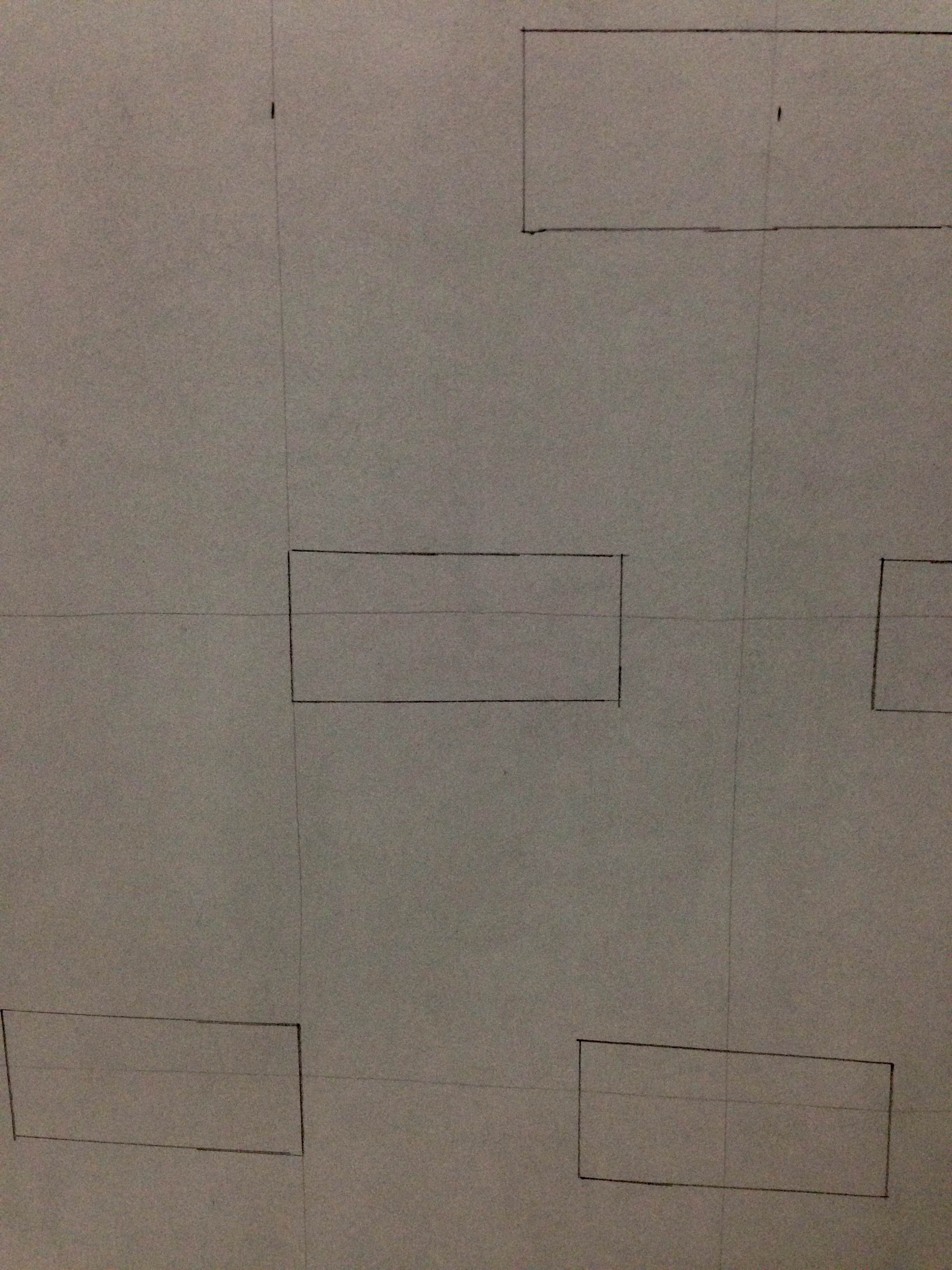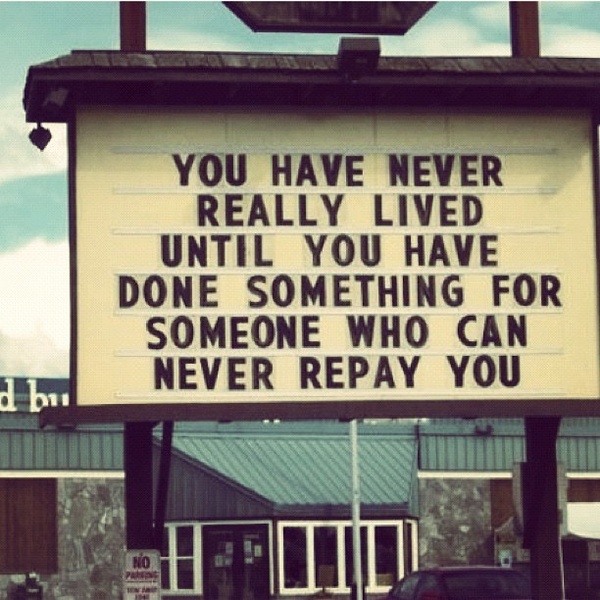Category Archives: Week 4
Documentation Week 4
I’ve swapped my documentary task with Emily today in class as she is unwell.
Here are the notes that I took in class:
- Adrian noted that he was grumpy because there were students that contacted him about ‘missing/lost’ assessments. Adrian noted that every single student must know that there are to be responsible for their work and how they store their work. And make sure they have an extra copy or two.
- We have a class on Friday – in that class, all students will run the class, discussing about the things that we’ve done, this is what we’ve concentrated on, bits that we don’t understand, etc. Basically, Adrian wants a list of questions that we asked each other in the conversation on our Friday class in Week 5.
- After we come back from our Easter break, we will be examining how we make lists, how we produce lists as well as making non-fiction media products throughout the semester.
- ‘Traditional stories are just dumb!’ – Adrian exclaimed in regards to the normal stories that are traditional, e.g. romantic comedy love stories.
- ‘Stories are deeply causal’ – Adrian
- Adrian is interested in we would like to do next.
- We went around in a circle and talked about where we are up to in terms of where we are at with our ontographs that are due today.
- ‘Treat a website like an article’ – Adrian: collect all the information that you can see that are available on the website.
- We had time to work on our ontographs in the studio – just to finish up and refine things before we handed it in.
Alien Phenomenology Questions
From the Documentary Ontography blog, Adrian asked us to work on these tasks:
‘From the Alien Phenomenology reading (Chapter One) please bring three quotes that:
- you enjoy
- trouble you
- intrigue you’
Here are my quotes:
What I enjoyed reading:
- ‘Quentin Mellassoux has coined the term correlationism to described this view, one that holds that being exists only as a correlate between mind and world. If things exist, they do so only for us.’
- ‘The second ontological system operation of our time, social relativism, descends from the humanistic and social scientifuc traditions.’
- ‘Can machines think?’
What troubled me:
- ‘From the perspective of cultural theory instead of philosophy, the OOO strain of speculative realism might bear some resemblance to more familiar arguments against anthropocentrism (such as post-humanism).’
- ‘Posthumanism, we might conclude, is not posthuman enough.’
- ‘Bryant has suggested that flat ontology can unite the two worlds, synthesizing the human and the nonhuman into a common collective. An ontology is flat if it makes no distinction between the types of things that exist but treats all equally, the spirit behind the name Bryant gives his OOO theory, the ‘democracy of objects’. In a flat ontology, the bubbling skin of the culinary history of the enchilada it is destined to top.’
What intrigued me:
- ‘To proceed as a philosopher today demands the rejection of correlationism. To be a speculative realist, one must abandon the belief that human access sits at the center of being, organising and regulating it like an ontological watchmaker.’
- ‘If ontology is the philosophical study of existence, then from Harman we can derive an object-orientated ontology (or OOO for short call it ‘triple O’ for style’s sake). OOO puts things at the center of being. We humans are elements, but not the sole elements, of philosophical interest. OOO contends that nothing has special status, but that everything exists equally.’
- ‘Computers often do entail human experience and perception. The human operator views words and images rendered on a display, applies physical forces to a mouse, seats memory chips into motherboard sockets.’
Work In Process – For Media Thing Project Poster
These are some of the images from my brainstorming session this past Saturday night. With Adrian’s get go, I was able to change the idea of my media thing. I had previously wanted to do my media thing project on the Apple’s iPhone’s application, focusing on one of those photo editing apps. I’ve realised that I couldn’t find anything on ‘what is an app?’, maybe I wasn’t looking hard enough or that I couldn’t be bothered or I wasn’t looking in the right places. I believe it’s a combination of both. I’ve decided to work on the fMRI scan for my project instead. Funny eh. I’m more interested in the fMRI scan than I am with iPhone apps. I’ve been researching more about the fMRI scan these couple of days, and have been jolting down notes.
Hopefully, I’ll be able to write down a summary of my notes in the poster by tomorrow. Well… I sort of have to… It’s due so soon!
Flip Lecture & Weekly Reading (Week 4)
Trusting Strangers For The Better Good.
Have you ever watched those feel good videos on YouTube on a lazy Sunday afternoon with a cup of tea and a side of biscuits? Well, I have. I’m talking about those random acts of kindness videos where some random guy gives flowers to mothers on the street walk or pranks that make you laugh or smile. Growing up and identifying myself as a cis-female, I have trust issues with strangers, and obviously it’s common that most people do. You don’t know if they’re serial killers, stalkers or some clingy creep that just wants to talk to so they can stare at your beloved assets. How can you differentiate the good apples from the bad?
How can you give your complete trust to someone that may change your future, no matter how long or short that future may be, that can mean a day, a week or a month or even more? In the 2009 documentary Us Now directed by Ivo Gormley, explores the possibilities of humankind using social media as a form of resource to connect to other people and learning from them in the process. There is an evergreen of knowledge that society as a whole have, so why not share it?
People are ‘connecting on the basis of relevant similarities’ (MT Rainey 2009), as social media advance through the years. ‘Connecting on the basis of relevant similarities’ (MT Rainey 2009), sounds like the blurb for dating applications doesn’t it? Us Now investigates the notion of being more involve in communities, and in society in general. Sometimes, people ‘need help from a friendly stranger’ (MT Rainey 2009) when they are either lost or feel uncertain about something.
There are people out there who are willing to help out those in need and when I say ‘help’, I don’t mean by giving money to those mental health organisations, donating to those poverty stricken kids in Africa or volunteering at the homeless shelter. I mean helping those in need, those people who need help right there and right then. It’s help that’s manageable and cost-effective for you, ‘its quite nice to give someone directions for example or by imparting a bit of your knowledge’ (Mikey Winkove 2009). In return of helping people, they feel good about themselves, making them feel all warm and fuzzy.
 Freedom and control’ (pp. 37) can be a couple of reasons why we use social media. Social media allows us to voice our opinions, there’s a reason why anyone who works in advertising says the most powerful tool is the word of mouth of others, ‘we have a mass-consumer technology that supports this and we’re only now beginning to discover what we can do with it’ (Lee Bryant 2009). There’s a reason why there are reviews on everything from books, iTunes applications and technological products, ‘the web can create large communities of informal knowledge and system ties it to make it very useful’ (Charles Leadbeater 2009). Trusting people to network on a peer-to-peer basis of helping one another using social media is still relatively new, people are using ‘social media to bring the gift economy out in the open’ (Sofia Parker 2009).
Freedom and control’ (pp. 37) can be a couple of reasons why we use social media. Social media allows us to voice our opinions, there’s a reason why anyone who works in advertising says the most powerful tool is the word of mouth of others, ‘we have a mass-consumer technology that supports this and we’re only now beginning to discover what we can do with it’ (Lee Bryant 2009). There’s a reason why there are reviews on everything from books, iTunes applications and technological products, ‘the web can create large communities of informal knowledge and system ties it to make it very useful’ (Charles Leadbeater 2009). Trusting people to network on a peer-to-peer basis of helping one another using social media is still relatively new, people are using ‘social media to bring the gift economy out in the open’ (Sofia Parker 2009).
There is a growing number of online services, websites and applications that allows a person to help others, ‘once you deliver something that actually allows people to make a decision, it’s incredible how compelling it is how people are to participate’ (Saul Albert 2009), Us Now examines how the internet has become a playground for adults to gain and pass on knowledge to one another by participating in an online – and at times, offline – community. Whether that might be a couchsurfing community, a website about motherhood or a soccer team, attention is given to those who feel they need to participate in an event, comment or feel the need to inform others of a place or product. And it appears that the opinion of the majority rules.
References:
Banyak Films 2009, Us Now, video recording, viewed 5 August 2014, <http://vimeo.com/4489849>.
Hinton S & Hjorth L 2013, ‘What is Web 2.0?’, Understanding Contemporary Culture Series: Understanding Social Media, London, 31 July 2014, SAGE Publications Ltd, pp. 37.
Little Sister
Link
https://vimeo.com/90098571
My little sister is currently learning how to play the piano. She is playing on her keyboard in the video. She’s been playing piano since she six years old.
I used to have some musical ability to play instruments back in the day. I started playing the piano, and moved on to keyboards. I quickly got bored and decided to branch out and began to play the clarinet and acoustic guitar in high school. I found out the hard way that I’m musically retarded.
This video is sort of like a ‘blast from the past’ for me as I used to learn this song as a primary school kid.





















